Behind every stalled climate bill is a legal escape hatch no one wants to close.

On paper, it looks like things are moving forward—emissions targets, green investments, ambitious pledges. But when it comes to actual impact? The progress is slower than it should be. That’s not just because of gridlock or denial. It’s because the system is riddled with carefully engineered loopholes that let industries pollute, delay, or opt out entirely—without technically breaking the rules.
These loopholes don’t make headlines, but they quietly do the most damage. They’re how oil companies keep drilling, how pipelines get approved, and how corporations meet “net zero” goals without cutting actual emissions. It’s all legal. It’s all intentional. And it’s why the climate fight keeps stalling just when it needs to accelerate. Until these backdoors are closed, even the most promising legislation won’t hold. Because behind every watered-down bill or “compromise” policy is a loophole that someone made sure stayed open.
1. Carbon offsets let companies pollute while pretending they’re green.

Offsets sound good in theory: emit here, plant trees there, and it all balances out. But in practice, they’re one of the most exploited loopholes in climate policy. Companies buy cheap offsets—often from forest projects that may not actually store carbon long-term—and use them to claim “net zero” status without reducing a single ton of emissions on-site. Patrick Greenfield reports in The Guardian that many forest offset credits are issued for trees that were never under threat, inflating claims of climate impact while allowing polluters to continue business as usual.
Projects may be poorly monitored, duplicated, or reversed by fire or logging. And once the offset is sold, there’s little follow-up. It creates the illusion of action while pollution continues as usual. Offsets aren’t evil on their own—but as a substitute for real change, they’ve become a dangerous license to pollute under a greenwashed banner.
2. “Energy independence” claims are used to fast-track fossil fuel expansion.
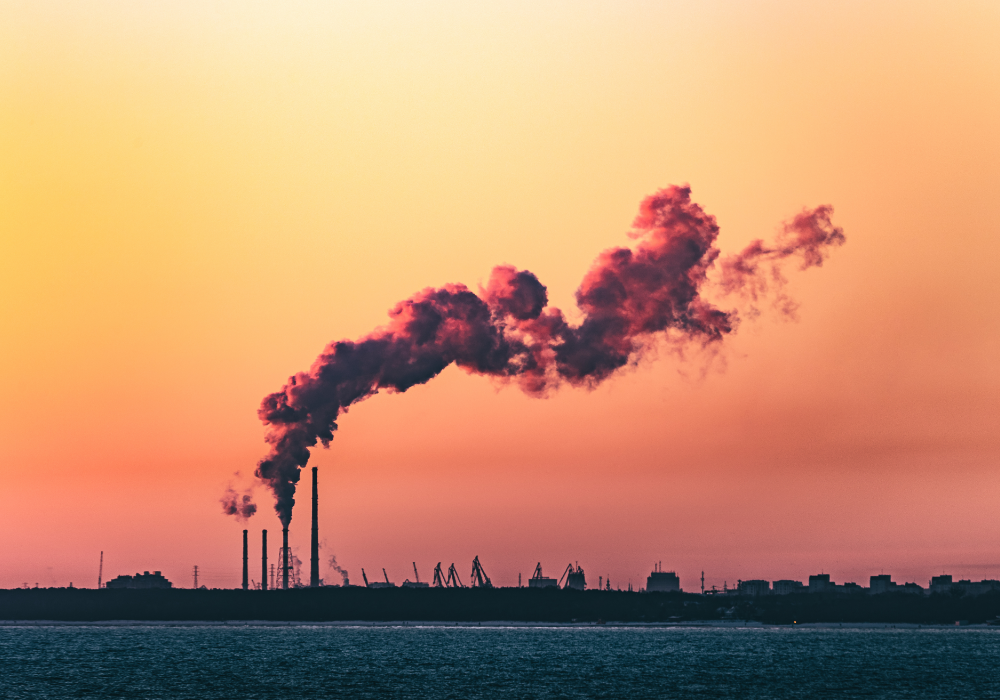
Whenever fossil fuel projects face resistance, politicians fall back on one phrase: energy independence. It’s a rhetorical shield that reframes drilling and pipeline approvals as patriotic necessities. Samantha Bertrand notes in EESI that despite energy independence rhetoric, a significant portion of U.S. fossil fuel production is exported, undermining claims that new projects serve domestic energy needs. The argument is a sleight of hand—used to bypass environmental review, override public opposition, and justify more extraction. This loophole plays on fear.
By framing fossil fuels as national security, leaders paint activists as threats and delay the transition to renewables. And because “independence” sounds bipartisan and practical, it’s rarely questioned. But it’s not about keeping the lights on—it’s about keeping fossil profits flowing. As long as this narrative holds power, the political will to say no to dirty energy will keep slipping through the cracks.
3. Emissions from imported goods are left out of national climate targets.
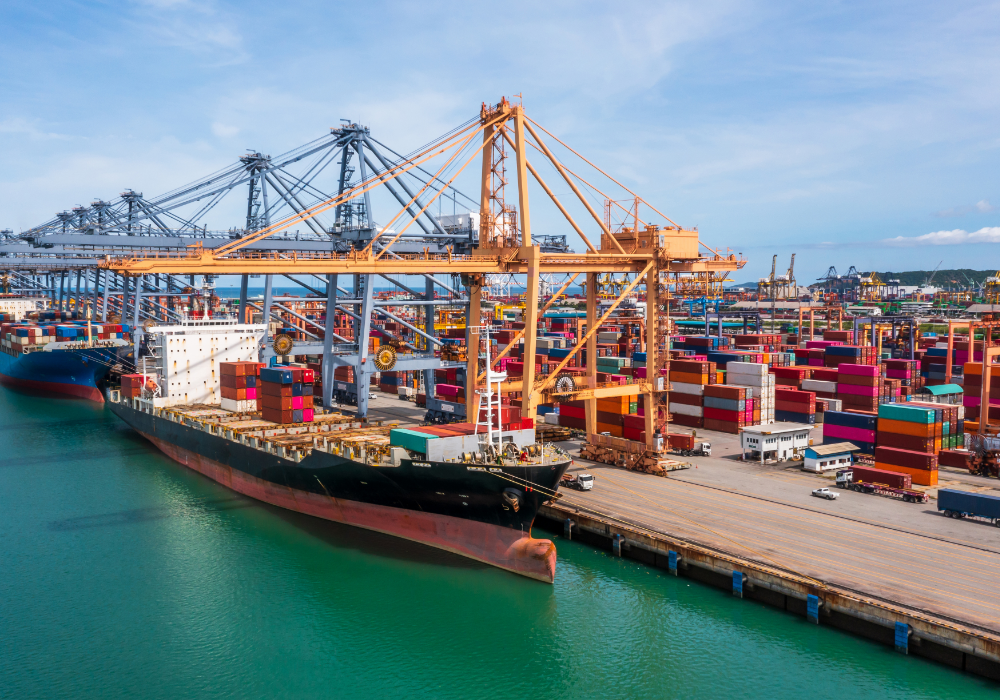
Your country might brag about cutting emissions—but those numbers often exclude the carbon footprint of products it imports. Daniel Moran and his associates show in a ClimateWorks report that when manufacturing shifts abroad, the emissions tied to those goods remain—it’s just the accounting that changes. And the country doing the importing gets to claim progress without actually cutting consumption.
This loophole is especially convenient for wealthier nations. They get to outsource pollution while counting only domestic emissions, ignoring the global impact of their demand. It also lets trade deals proceed without environmental accountability.
Clothes, electronics, food—all of it has a carbon cost. But as long as the emissions happen “somewhere else,” they don’t count. That accounting trick lets the biggest consumers of fossil fuels off the hook, while shifting blame to countries doing the dirty work they outsourced.
4. Methane leaks are underreported—and underregulated.
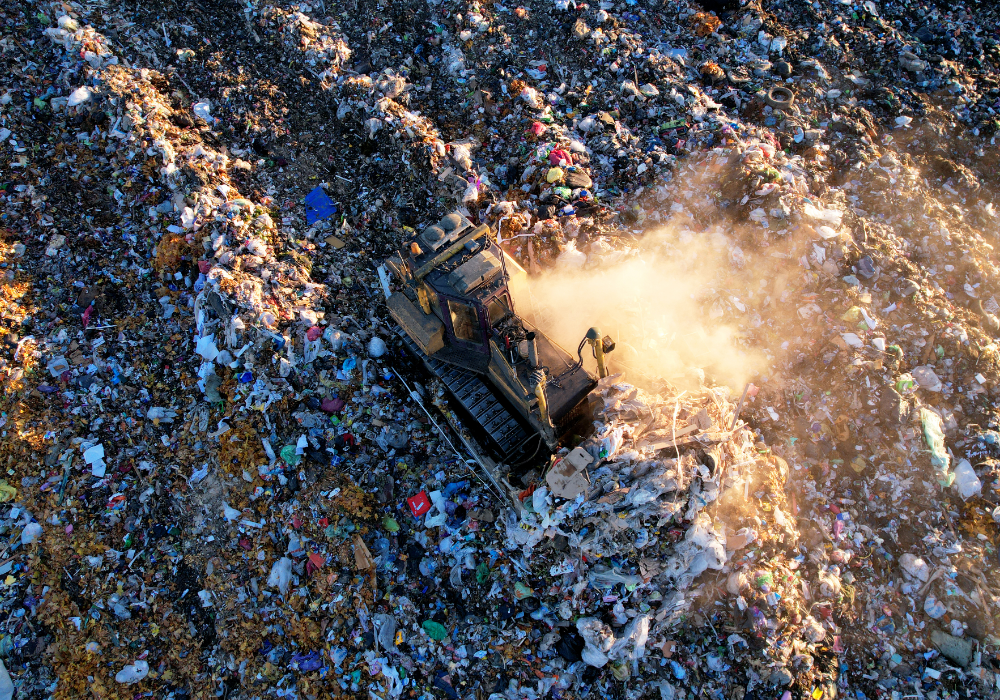
Methane is far more potent than CO₂ in the short term, but monitoring and regulating it is still shockingly lax. Oil and gas companies are supposed to report leaks, but self-reporting is riddled with gaps, and independent studies often find emissions far higher than official estimates.
Yet many climate plans treat methane as a side issue—or rely on voluntary industry pledges. This creates a massive blind spot. Methane leaks from pipelines, wells, and storage sites contribute hugely to warming, but because they’re harder to detect and less visible than CO₂, they slip through regulatory cracks. And since methane breaks down faster in the atmosphere, some policies treat it as less serious. That short-term framing gives polluters a pass and lets the industry appear cleaner than it is—while the damage stacks up quickly behind the scenes.
5. Environmental impact studies can be manipulated or bypassed.
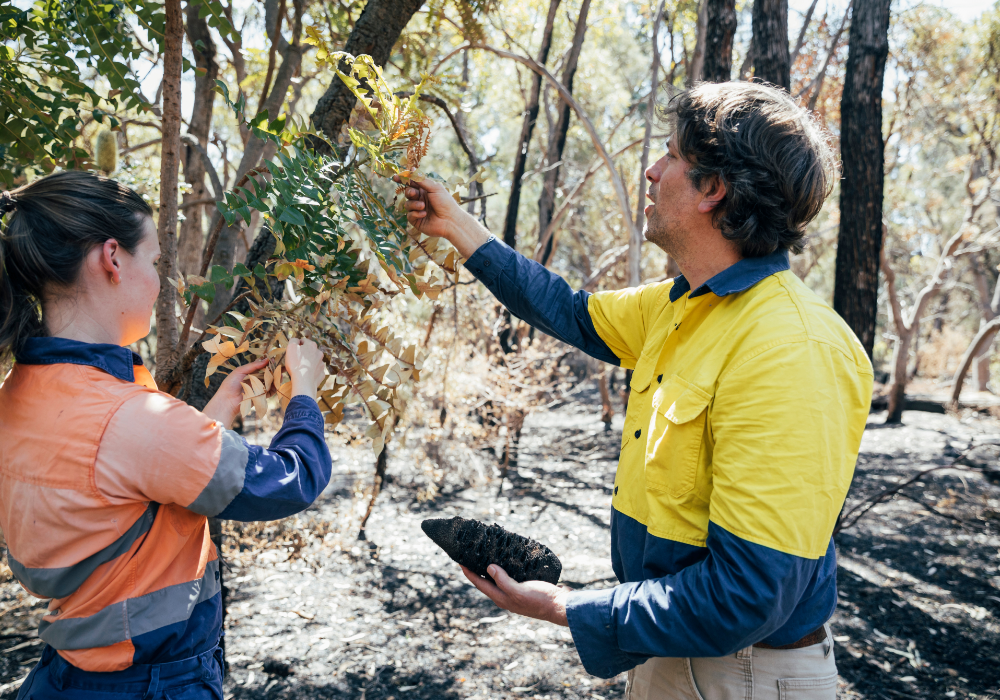
Supposedly, no major project moves forward without a thorough environmental review. In reality, these studies are often rushed, watered down, or conducted by consultants with ties to the industries they’re assessing. Language is vague. Risks are downplayed. Alternatives are ignored. And once the study is approved, it becomes a legal shield—even if it’s based on incomplete or biased data.
In some cases, the review process is skipped entirely using “emergency” authorizations or special exemptions. Pipelines, highways, and drilling sites get fast-tracked through bureaucratic backdoors that were never meant for long-term infrastructure. The review system was designed to protect ecosystems and communities. But now it’s just another box to check—or dodge—on the way to profit. Letting this loophole stand means pretending accountability exists when it’s often just performance.
6. “Voluntary commitments” let corporations set their own rules.

Instead of binding regulations, many climate policies rely on voluntary corporate pledges. These companies promise to lower emissions, reduce waste, or invest in renewables—but there’s rarely any enforcement, deadlines, or penalties for falling short. It’s a public relations win with no legal weight behind it.
These commitments are often vague by design. Terms like “carbon neutral by 2050” sound impressive, but they leave room for offsets, accounting tricks, or last-minute walk-backs. Some pledges quietly disappear.
Others get quietly rewritten. The problem isn’t just that the goals are weak—it’s that governments point to them as progress, avoiding the need to pass stronger laws. When the system lets companies grade their own homework, don’t expect real accountability. And when those same companies help write the policies? The loophole becomes the policy.
7. Climate goals can be delayed with “phase-in” language that never ends.

Politicians love setting long-term climate targets—especially ones that kick in long after they’re out of office. These phase-in policies sound ambitious on paper: net zero by 2050, 30% renewables by 2030, plastic bans with multi-year lead-ins. But without short-term benchmarks or enforcement, they’re just distant promises that can be delayed, reworded, or scrapped. The vague timelines allow industries to keep business as usual for as long as possible.
Loophole-friendly language like “where feasible,” “pending review,” or “subject to change” gives polluters time to adapt—or lobby for a rollback. And when the public forgets the deadline, nothing happens. These delays don’t just stall action—they become the excuse for why real change still isn’t happening. The longer the phase-in, the louder the clock ticks for everyone else.
8. “Clean energy” definitions include dirty technologies.
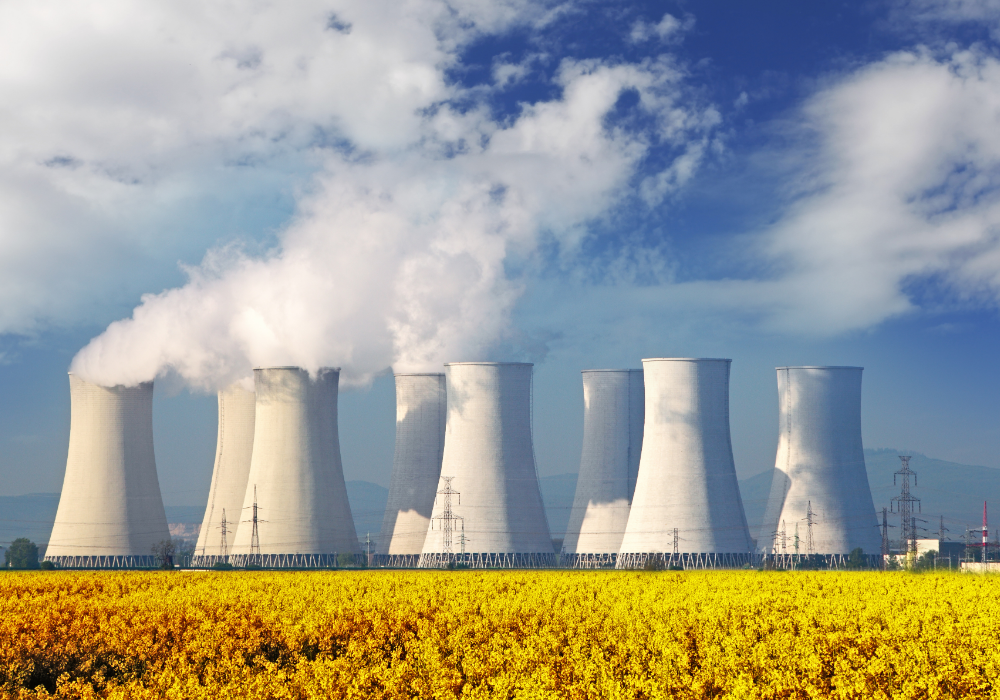
Not all clean energy is actually clean. Under some government policies, natural gas with carbon capture, nuclear power, biomass, and even trash incineration have been labeled as “clean” or “renewable.” This opens the door for subsidies, tax breaks, and public support for industries that still pollute heavily—just with better branding. It’s a semantic loophole with real consequences. If coal plants can call themselves green because they capture some emissions, or if burning forests for energy counts as renewable, the public gets sold a false sense of progress.
Meanwhile, genuinely sustainable options like wind, solar, and conservation remain underfunded. These misleading definitions aren’t accidents—they’re lobbying wins. When polluting industries get to write the labels, you end up with climate policy that protects them, not the planet.
9. Local governments can override environmental protections for development.

Even when national laws protect ecosystems, endangered species, or air and water quality, local or state governments often find ways around them. They pass zoning exceptions, reclassify land, or declare projects as “critical infrastructure” to fast-track approval. That power is frequently used to greenlight highways, mines, or pipelines that would otherwise face intense scrutiny.
This loophole is used most aggressively in areas with valuable land or resources—and it hits frontline communities the hardest. Promises about environmental justice disappear when a mayor or governor uses emergency powers or fast-track permits to push through a controversial project. Federal protections are supposed to be the backstop. But when local politics align with industry goals, that backstop crumbles fast.
10. Trade deals and investor protections block environmental reforms.

Even when a country passes strong environmental laws, international trade agreements can stand in the way. These deals often include investor-state dispute settlement (ISDS) clauses that allow corporations to sue governments over policies that hurt their profits. That means if a country bans drilling, restricts pesticides, or cancels a pipeline, they can be taken to court by the companies affected.
These lawsuits happen behind closed doors, and they’re decided by private tribunals—not public courts. The threat alone is enough to make governments hesitate. This loophole gives corporations outsized power to block climate action by framing it as a business threat. It turns environmental protection into a legal liability. And as long as profit trumps policy on a global scale, the fight for climate justice will keep hitting invisible walls.
